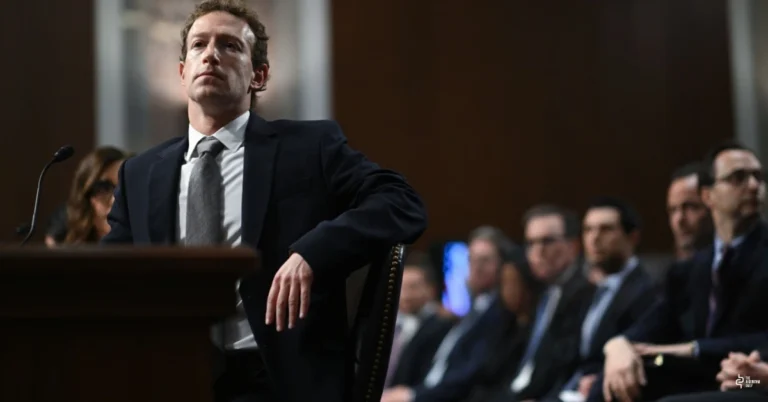A United State lawmaker is set to introduce a new bill aimed at tracking the location of artificial-intelligence chips, like those produced by Nvidia, after they are sold. This legislation comes in response to concerns about smuggling and unauthorized distribution of these chips, particularly to China, in violation of U.S. export control laws. It’s chips are critical for creating AI systems like chatbots and image generators, but there have been reports indicating that some chips continue to be sold and used illegally, with Nvidia claiming it cannot track its products once they leave the company.
U.S. Representative Bill Foster, who has a background in particle physics, plans to introduce the bill in the coming weeks. The bill would require U.S. regulators to create rules for tracking chips and preventing them from functioning if they are not properly licensed under export control laws. Foster emphasized that this issue is pressing, as there are credible reports of large-scale smuggling and the potential for these chips to be used for developing dangerous technologies, including artificial general intelligence (AGI), which is likened to the advancement of nuclear technology.
The technology for chip location verification is not entirely new. Google, for example, already tracks its AI chips in its data centers for security purposes. The system would use a chip’s signal to a secured server, and by measuring the time it takes for the signal to reach the server, the location of the chip could be verified. While this approach would not provide specific location details, it would give U.S. authorities the ability to narrow down the search for smuggled chips, marking them for further investigation.
SEE MORE: Nvidia Slams Anthropic for Defending U.S. AI Chip Restrictions on China
The proposed legislation has gained bipartisan support, with both Democrats and Republicans backing the effort. Foster’s bill aims to address the growing problem of smuggling, especially as It’s chips are crucial to AI development. Some experts argue that with chip tracking in place, authorities would be able to identify and target suspicious shipments, making it more difficult for unauthorized buyers to acquire these chips.
The second part of Foster’s proposal, which would prevent chips from booting up if they are not properly licensed, would be more complex. However, Foster believes that it is time to start discussions with chip manufacturers to explore how such technology could be implemented. The bill is a crucial step in securing U.S. technology and preventing adversarial nations from gaining access to sensitive AI resources.
📲 Get the latest Tech & Startup News on our WhatsApp Channel
👉 Join Now



